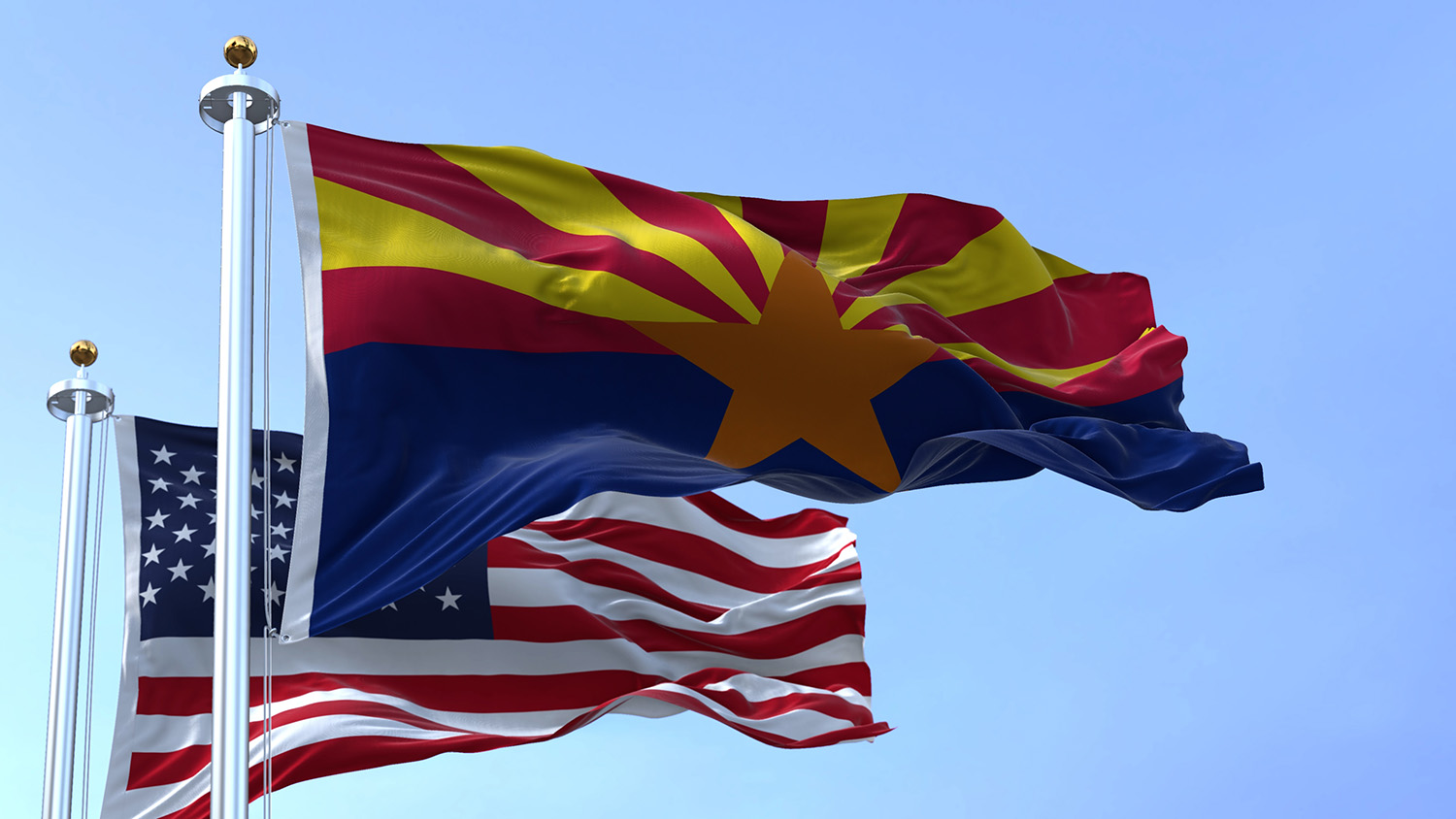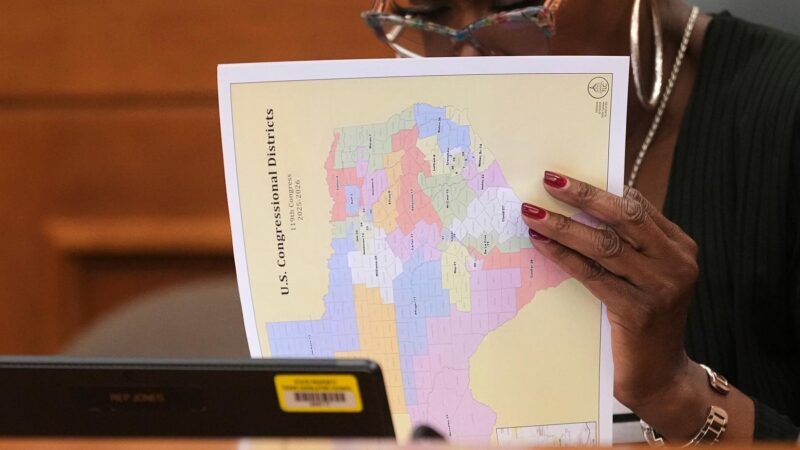Arizona voter rolls: A fact sheet for 2024
- September 10, 2024

Every county in Arizona continually removes ineligible voter records
Our analysis of Arizona’s voter file data since the start of 2020 shows that 26% of all voter records have been inactivated or removed, and every county has maintained its records consistent with federal and state requirements. In most cases, systematic inactivations have taken place twice a year and removals have taken place multiple times per month.
Read the full 2024 Arizona voter roll report Read the full 2024 Arizona voter roll report
Between the last Presidential Election on November 3, 2020 and August 22, 2024:
- Approximately 1 million unique active records have been inactivated (21% of all unique active records in the voter file during this period).
- Approximately 724 thousand unique records have been removed (11% of all unique records in the voter file during this period).
- In total, approximately 1.7 million unique voter records have been removed or inactivated (26% of all unique records during this period).
There is no “correct” amount of inactivations or removals we can expect each year, since state populations are constantly changing in varied ways. But there is a clear, lawful process that produces measurable outcomes.

In Arizona, an inaccurate registration rarely leads to a fraudulent vote cast
In the 2020 general election, more than 3.4 million Arizonans voted. Of those ballots cast, only 22 specific allegations of voter fraud were referred for prosecution, or less than 0.001% of ballots cast. The conservative Heritage Foundation identified only three cases that ended in convictions, representing less than one in a million votes in the election.
Several additional processes keep ineligible voters from registering to vote and casting a ballot:
- Registration: Arizona residents can register to vote in person, online, or via mail. In person and mail registrations require a confirmation of address, or an affirmation that the voter does not have an address, and online registration requires a state driver’s license or ID.
- In-Person Voting: Voters must provide one form of photo identification or two forms of non-photo identification when they vote in person. If a voter cannot provide proof of identity, they will be issued a provisional ballot – which will only be counted if the voter can provide proof of identity to the County Recorder by the 5th day following the general election.
- Mail Voting: Counties can require that a voter provide an identification number, such as a driver’s license number or partial Social Security number, in order to request a mail ballot.
Every county has maintained its records consistent with federal and state requirements.
Arizona verifies citizenship status of new voter registrants
Cross-partisan election experts concur that “noncitizens voting in federal elections are virtually nonexistent.” Despite the lack of any evidence that noncitizen voting could impact elections, Arizona has imposed additional burdens on registration that risk disenfranchising voters who do not have easy access to documents that prove their citizenship.
Before registering a new voter, election officials take steps to verify the voter’s citizenship. Depending on whether they use a federal or state voter registration form, new Arizona voters must either sign an attestation (under criminal penalty) that they are a U.S. citizen or provide proof of U.S. citizenship. in order to register to vote. If the applicant uses the federal form without providing documentary proof of citizenship but signs the attestation of citizenship, they will be registered to vote in federal elections per the National Voter Registration act but cannot vote in state elections. Additionally, when an applicant uses the federal voter registration form, election officials look for proof of the applicant’s U.S. citizenship in government records such as from the Motor Vehicle Division. If the officials find proof of citizenship, the applicant will become registered for both state and federal elections. If proof of non-citizenship is found, their application will be rejected and they will be unable to register to vote for any election. If the voter applicant uses the state form without providing proof of citizenship and the check of Motor Vehicle Division records is inconclusive, their application will be rejected and they will be sent a notice letter to cure the lack of proof of citizenship. If they do not provide proof of citizenship by election day, they will be unable to register or to vote for any election.
On September 17, 2024, an error in this citizenship tracking system called into question the status of over 97,000 Arizona voters. The impacted voters are those who were issued an initial driver’s license before 1996, but were subsequently re-issued a duplicate license (for example, because the license was lost) and then registered to vote after 2004. All of these voters have sworn to their U.S. Citizenship under penalty of perjury, but they did not provide (and were not asked for) the additional proof of citizenship required to vote in state elections after 2004. The state incorrectly marked these voters as having provided proof of citizenship under the 2004 law. Importantly, having attested to their citizenship, these 97,000 voters are eligible to vote in federal elections per the NVRA. In fact, they would also be eligible to vote in state and local races in any other state. In addition, there are criminal penalties, both for potential voters who knowingly submit false information on their applications and for government officials who knowingly process registration applications with unverified eligibility.
Related Content
Join Us.
Building a stronger, more resilient democracy is possible, but we can’t do it alone. Become part of the fight today.
Donate
Sign Up for Updates Sign Up for Updates
Explore Careers Explore Careers
How to Protect Democracy How to Protect Democracy





